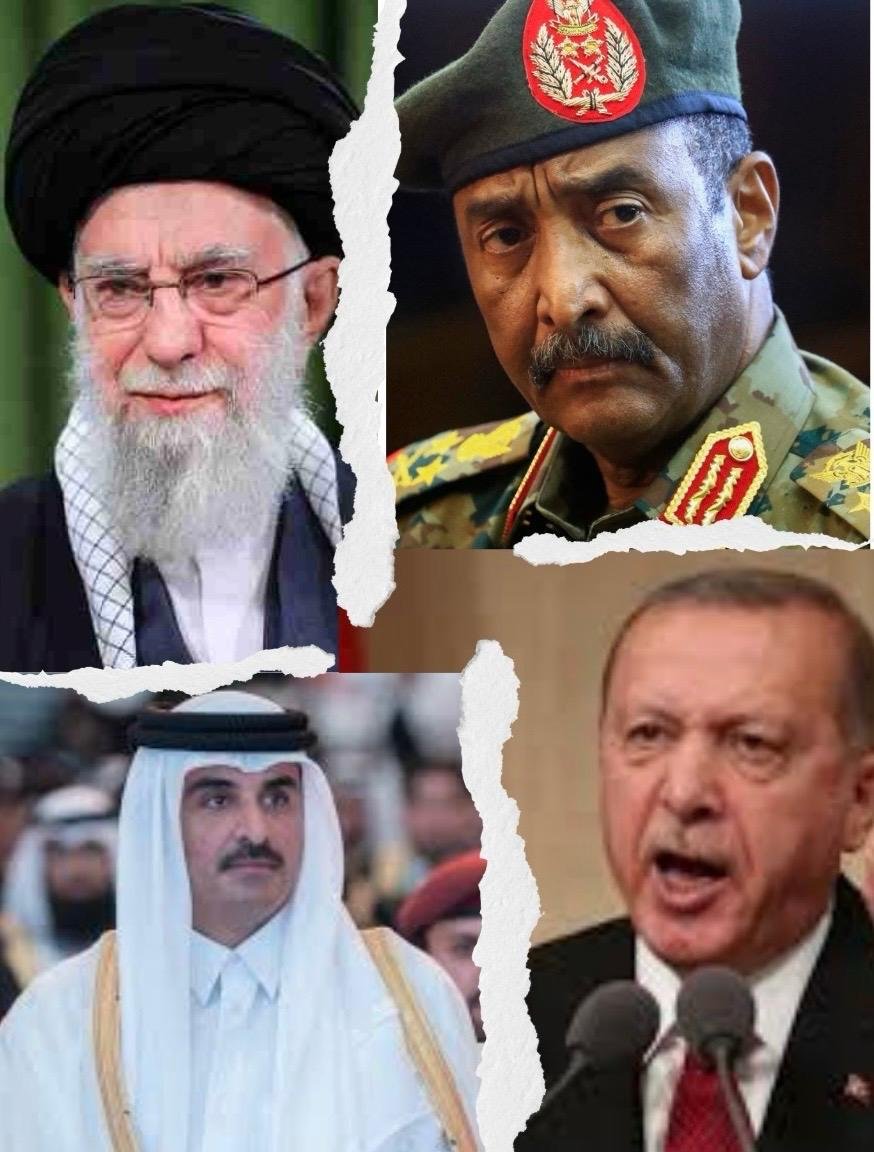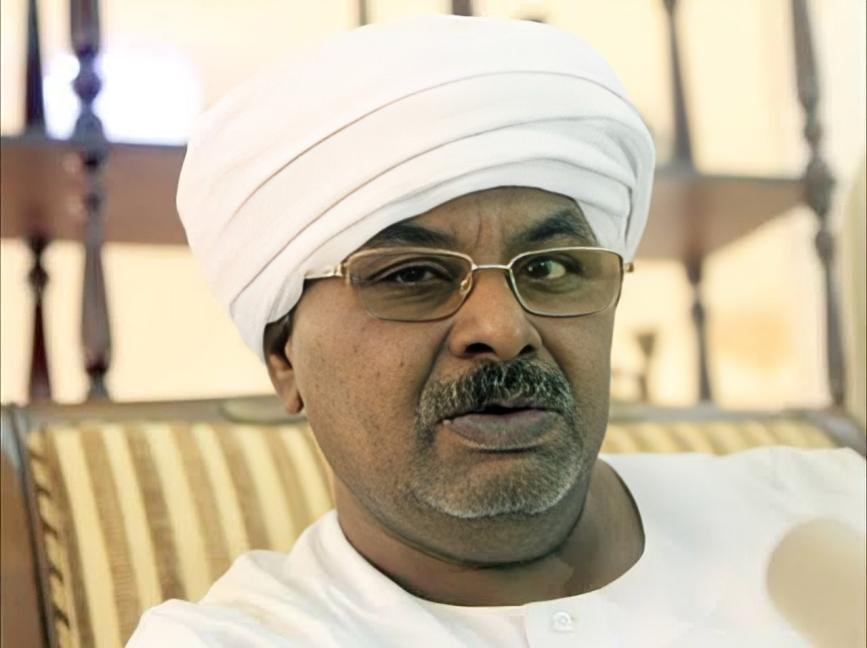Report: SPT
Criticism is mounting by the day over the alleged complicity of several local civil society organizations, particularly those engaged in monitoring human rights violations amid the ongoing conflict in Sudan. These organizations, including some international NGOs, face repeated accusations from a range of political and civil actors of failing to maintain sufficient neutrality and exhibiting a discernible bias in favor of the army, whose leadership is dominated by powerful Islamist factions.
The Role of International NGOs in Sudan’s Crisis
This perception has been reinforced by numerous reports issued by these organizations, which heavily emphasize violations committed by the Rapid Support Forces (RSF)—grave and widespread abuses that undeniably warrant condemnation and legal accountability—while largely neglecting violations perpetrated by the army and its allied Islamist brigades and militias. Some members of these groups, including those linked to international NGOs, have openly declared their affiliation with extremist organizations such as Al-Qaeda and ISIS.
When army abuses are mentioned, reports often downplay their gravity, omitting many of the atrocities unfolding on the ground. Documentation of crimes such as killings, looting, and sexual violence allegedly committed by army personnel against civilians is notably scarce. Similarly, little attention is paid to the horrors attributed to armed Islamist militias such as the “Al-Baraa ibn Malik Brigade” and others, whose actions reportedly include extreme brutality, such as beheadings, flaying, and dismemberment.
This apparent bias in favor of Sudan’s Islamist movement which has rebranded itself under nationalist slogans and calls for dignity in a bid to reclaim political power has fostered a sense of impunity within these groups. It has emboldened them to continue committing grave violations, including torture and extrajudicial killings, particularly targeting civilians from the Darfur and Kordofan regions. Victims are often singled out based on their ethnic features and accused of collaborating with the RSF before being brutally executed.
On the political and civil front, criticism and suspicion have also extended to the role of certain regional actors and recently established organizations with limited knowledge of Sudanese affairs. Chief among these is the French organization Promediation, whose activities and initiatives have raised legitimate concerns regarding its underlying objectives and potential political agenda particularly its repeated efforts to reintegrate Islamist elements into the heart of Sudan’s political process.
“Promediation” Invites an ICC-Wanted Fugitive?!
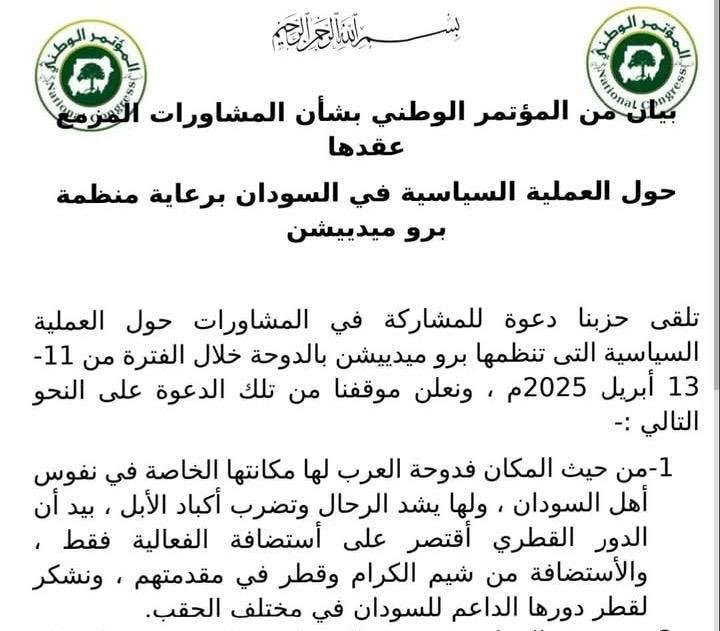
On April 4, Ahmed Haroun acting head of one faction of the National Congress Party announced that they had received an invitation from Promediation, a French NGO specializing in conflict mediation, to participate in consultations on the political process aimed at ending the war in Sudan. The event is scheduled to take place from April 11 to 13 in Doha, Qatar.
According to its official website, Promediation works in conflict resolution, mediation facilitation, and supporting peace processes.
Haroun, however, is one of the most prominent Islamist-aligned security figures in the former National Congress regime. He held several government positions, most notably as Minister of State at the Ministry of the Interior during a period of extreme human rights violations in Darfur. He became infamous for his controversial statement regarding prisoners: “Prisoners are an administrative burden—they should be killed, not kept.”
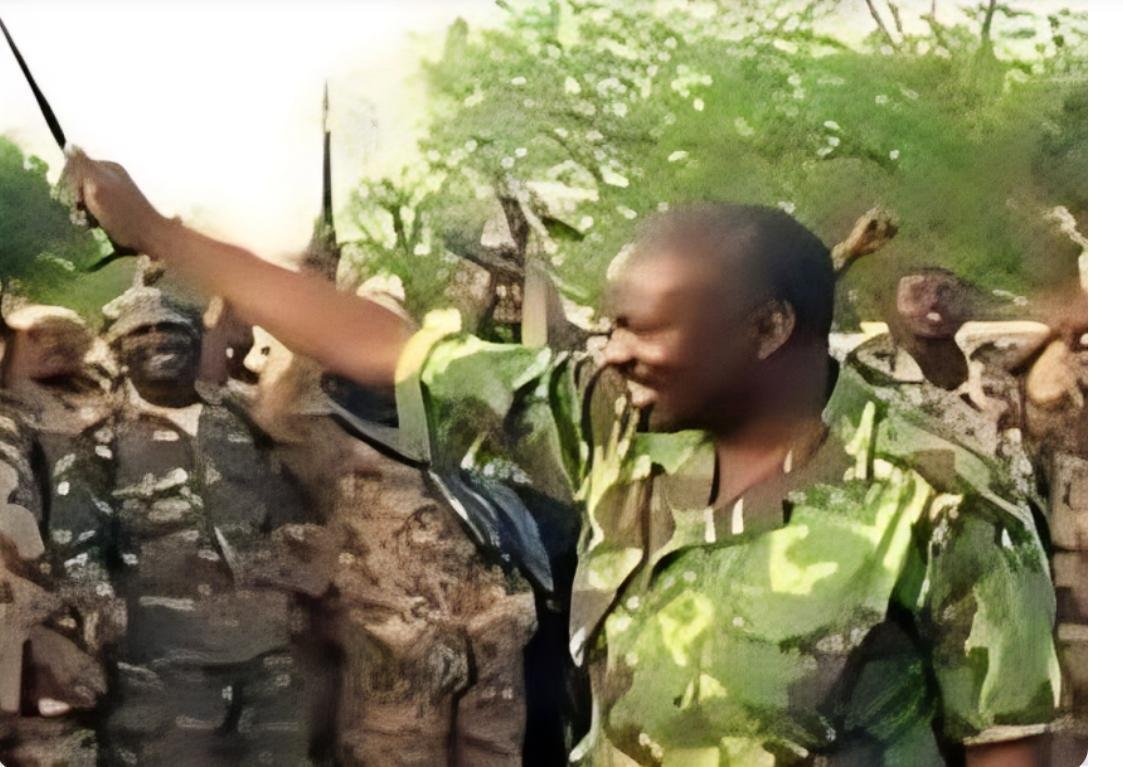
The International Criminal Court (ICC) issued an arrest warrant for Haroun on April 27, 2007, charging him with 20 counts of crimes against humanity and 22 counts of war crimes.
In his statement about Promediation’s invitation, Haroun said: (The National Congress Party thanks Promediation for its initiative, but announces its categorical refusal to participate in these consultations.)
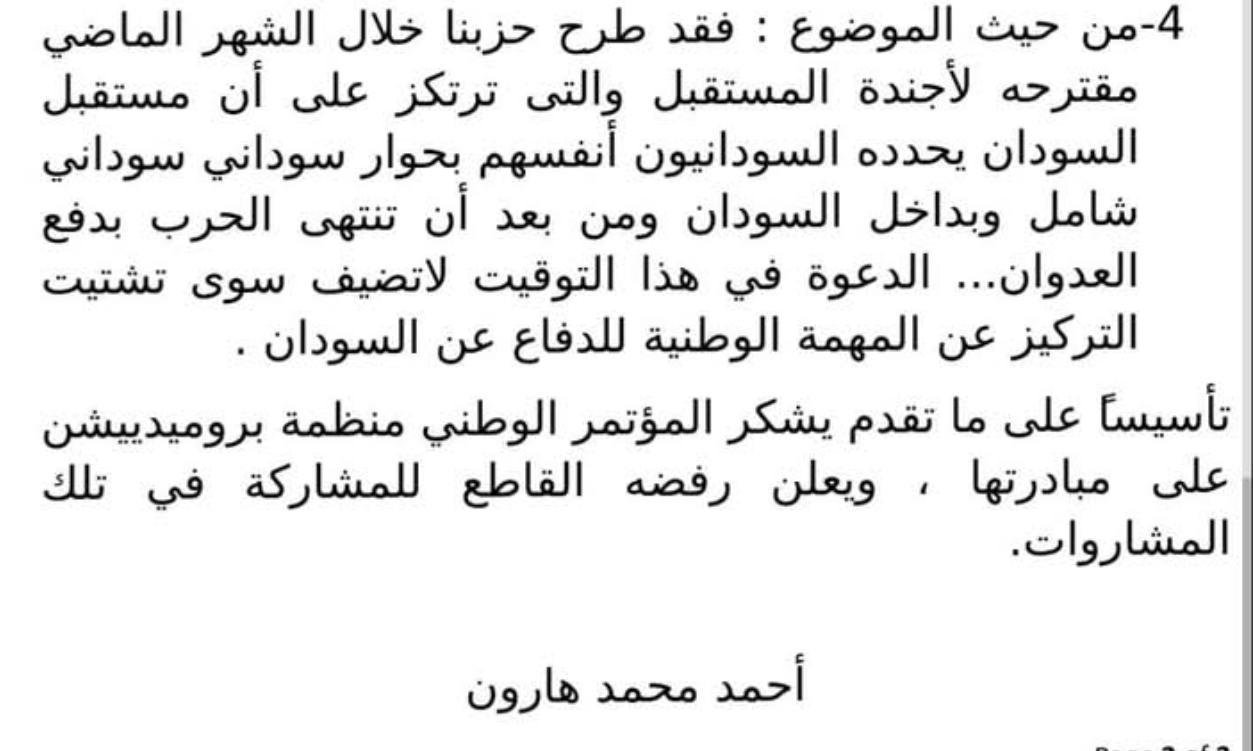
In contrast, another faction of the National Congress Party, led by Ibrahim Mahmoud, issued a statement on behalf of its political wing, which read: “The acting head of the National Congress Party, Ibrahim Mahmoud, has received an invitation from Promediation…”
The statement went on to say they would participate in the consultations, with Mahmoud leading the delegation, accompanied by Tariq Hamza, head of the party’s Foreign Relations Sector, and Yasser Khidir.
The Mediator Undermining Justice
In what appears to be an effort to mitigate embarrassment following Ahmed Haroun’s refusal to participate, Promediation issued a brief clarification to the Sudanese groups it engages with. The organization acknowledged that it had indeed invited several Islamist-affiliated parties including the Popular Congress (a pro-army party), the National Congress Party, the Future Party, the Reform Now Movement, and others to an informal consultation workshop. However, it claimed that it had not invited Ahmed Haroun and had no communication with him, suggesting that only the faction led by Ibrahim Mahmoud had received the invitation.
Yet, a well-informed source told Sudan Peace Tracker that Promediation had in fact been in direct contact with Haroun, extended an invitation to him, and initially obtained his approval. When Haroun learned that the rival faction led by Ibrahim Mahmoud had also been invited, he withdrew and issued a statement prompting Promediation’s awkward clarification.
The source further noted that inviting Ahmed Haroun runs counter to the principles of the European countries funding Promediation nations that are signatories to the International Criminal Court (ICC) and support its arrest warrants for individuals accused of war crimes and crimes against humanity in Sudan.
Accusations of Meddling in the Peace Process
Regarding the glaring contradiction between Promediation and its European backers, a Sudanese political analyst (who requested anonymity) told us:
“Several factors could explain Promediation‘s attempts to appease Islamist groups though we can’t delve into all of them here. The most prominent reason is the organization’s close ties to Egyptian intelligence, which has led it to adopt Cairo’s hypocritical and inconsistent stance: rejecting Islamist’s in Egypt while attempting to impose them on the Sudanese people, who rose up against them. The only plausible explanation is Egypt’s desire to keep Sudan destabilized and hinder its development ensuring continued exploitation of its resources.”
However, another Sudanese politician countered: “It’s a mistake to oversimplify Egypt’s position. Cairo recognizes that Sudan’s Islamist’s who hijacked the state for three decades cannot be removed overnight. Egypt’s strategy is to divide them, isolating the most extremist factions while co-opting those willing to end the war. Although Egypt prefers a military regime in Sudan, this isn’t an inflexible stance. It could be persuaded otherwise if convinced that Sudan’s realities are fundamentally different from Egypt’s.”
He added that Promediation’s stance cannot be attributed solely to Egyptian influence but also to certain Western circles seeking to manipulate Sudanese Islamists for their own vested interests regardless of the Sudanese people’s aspirations.
Sudan Peace Tracker reached out to Promediation via email, but no response was received by the time of publication.


